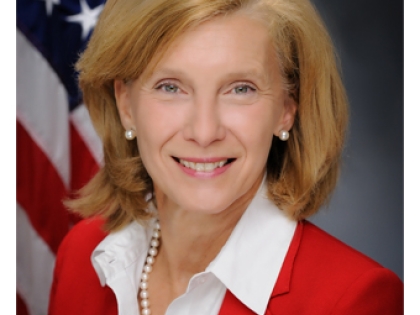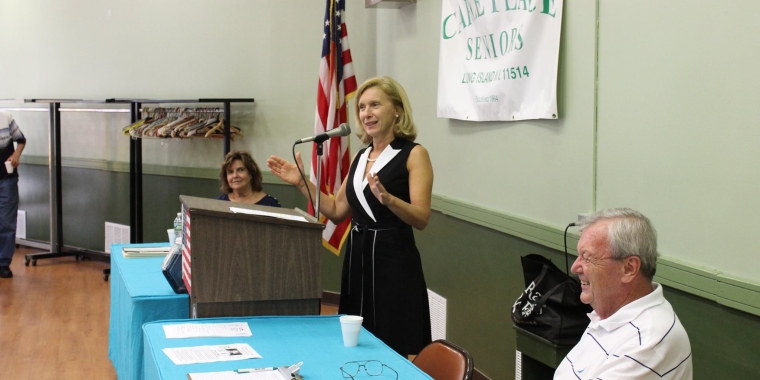
Senator Phillips Calls On Governor To Set 1,4-Dioxane Maximum Contamination Level
July 11, 2018
-
ISSUE:
- Water Contamination

In response to a Newsday article reporting that a large number of personal care products contain high levels of 1,4-dioxane, Senator Elaine Phillips sent correspondence urging Governor Cuomo to set a 1,4-dioxane maximum contamination level for New York as he promised to last year.
“With high levels of 1,4-dioxane present in consumer products and our water supply, it is imperative that we regulate and set a standard to ensure that drinking water in New York, and across Long Island, remains safe for current residents and future generations,” Senator Phillips said. “I urge Governor Cuomo to act on the promise he made in February and make the Drinking Water Council establish a standard for New York immediately – and include a plan to pay for remediation in water districts where the standard is exceeded.”
Newsday reported that of the 23 of 30 products tested, the highest were found to have 17 parts per million and 16 parts per million – far exceeding the federal recommendation of 10 parts per million.
In a letter to the U.S. Environmental Protection Agency in February, Governor Cuomo said if the federal government did not take action to regulate 1,4-dioxane, New York would move to set a state maximum contamination level (MCL) within 90 days. No standard was ever set.
Senator Phillips introduced legislation, S.4544, that would require all public water providers be tested for 1,4-dioxane and close a legal loophole that exempted certain providers from testing.
The highest levels of 1,4-dioxane in drinking wells have been found in two water districts in the 7th Senate District: Hicksville Water District and the Water Authority of Western Nassau.
related legislation
Share this Article or Press Release
Newsroom
Go to NewsroomSearch for STAR check delivery status
October 1, 2017

Senator Phillips Hosts Free Car Seat Safety Check
September 29, 2017

Senator Elaine Phillips Meets With The Carle Place Seniors
September 29, 2017

